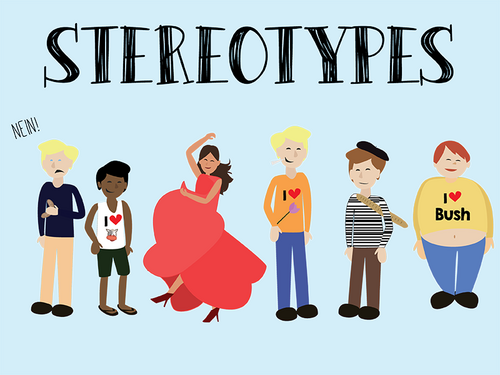-
Hello everyone.
Here is a commun work for all my sweet 4emes.
We briefly talked about Australian stereotypes before the confinement. I decided to re-organized my group work activity that we were supposed to do in class in a virtual and collaborative work on Padlet.
(click on the link https://padlet.com/sbertrand/stereotypes2020)
The point is to share what we think we know about different countries of the world and work on the use of frequency adverbs (ALWAYS, NEVER, SOMETIMES, RARELY ...) and quantifiers (ALL, MOST, MANY, FEW etc) - check the article just before for revisions)
In each column, you are free to post one stereotype (or more) on the country you want. It consists in a quite short sentence to exaggerate. Please note : one post for one category. You can think of many different categories : food, drink, type of music, food, weather, personality, sports, way of living in general. In the last column, answer one of the post to "correct" it (changing the adverbs or the quantifier for example). Read what your classmate have already written so there is no repetition. Have fun !
 1 commentaire
1 commentaire
-
Revision on the use of quantifers + exercises to practice
Click here => few, little, a lot of, many, much et autres quantifieurs
If you need ideas for the Padlet, you can watch these videos:
 1 commentaire
1 commentaire
-
Here are few testimonies from Australian teenagers talking about stereotypes. Enjoy their beautiful (and not that commun) accent!
 1 commentaire
1 commentaire
-
Very interesting animation. Good to work on superlative, geography and general culture !
 votre commentaire
votre commentaire
-
Bonus quiz (comment or write the answers in your copybook and send me a picture)
Question 1: Where did it all start?
Question 1 bis (NOT IN THE VIDEO): Do you know from which animal did it come from?
Question 2: Give minimum 2 of the virus symptoms
Question 3: What disease may be developped?
Question 4: Is there a treatment?
Question 5: Explain what people must do to avoid the spreading
 votre commentaire
votre commentaire





